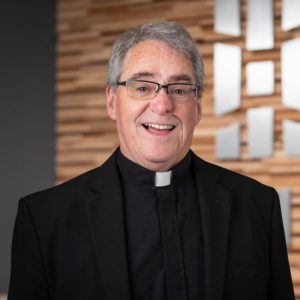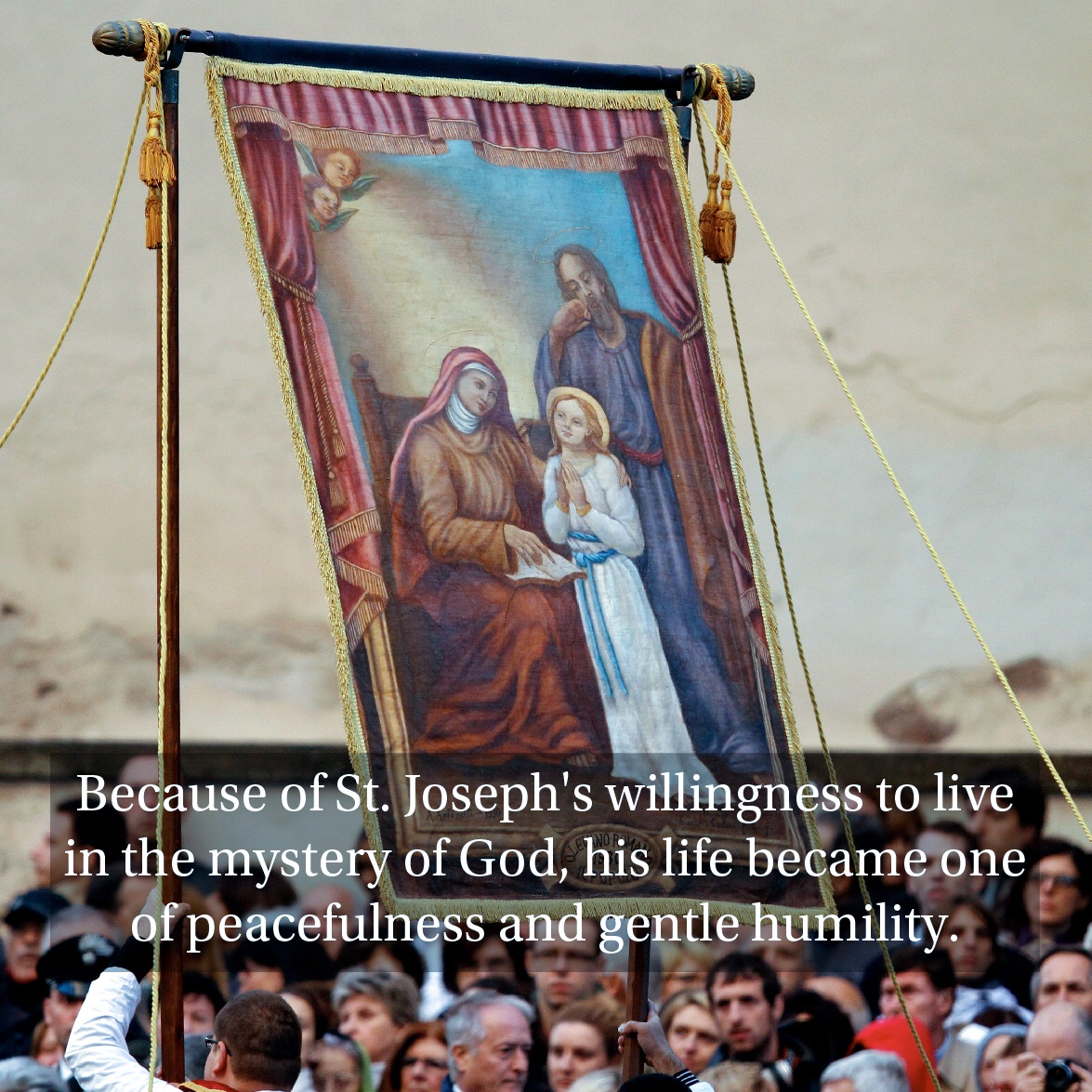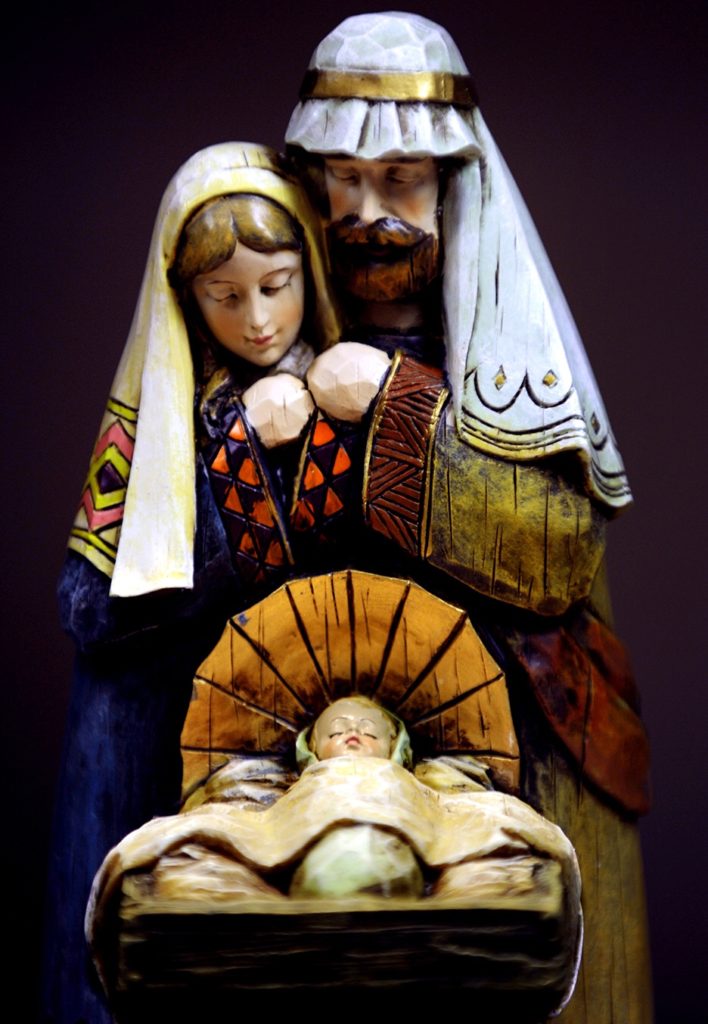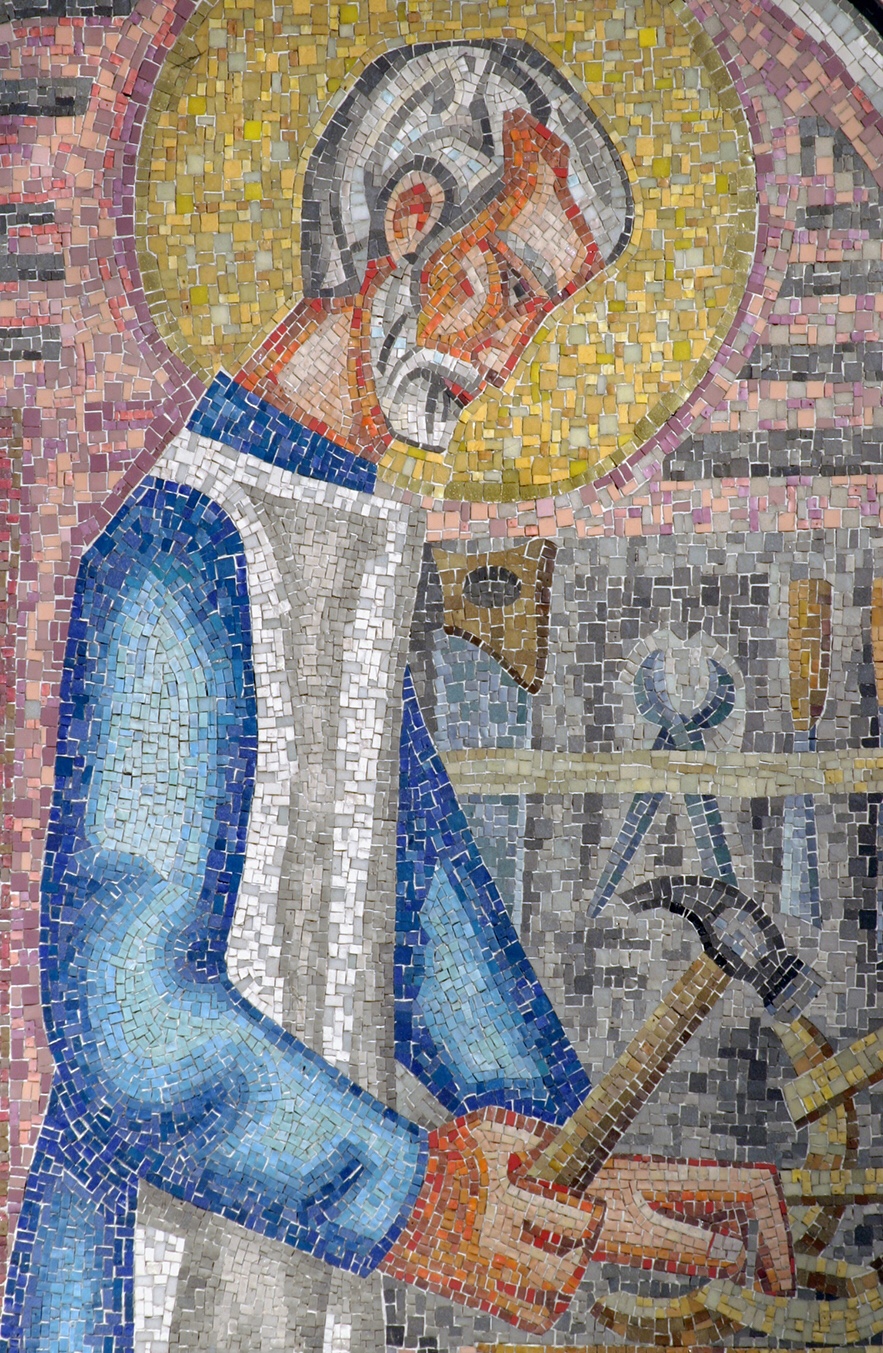At one point in the Rite of Christian Initiation of Adults program each year I ask participants a seemingly simple question: “Is it possible to know God?” There is usually discussion and then concern that it is an impossible question to answer.
In truth, it is meant as a trick question. On one hand, God is a God of self-revelation. If you read the Scriptures, God gives messages to Abraham and His descendants. God speaks through the burning bush or in the pillar of cloud. And God’s presence is proclaimed powerfully through the words of the prophets. God is not unknown.

On the other hand, some members of the group come to a different response: to truly know God would require each of us to be equal to God. Therefore, God cannot be fully known. As in any loving relationship, the depth of God’s being can never be fully fathomed.
It is at this point that our conversation addresses questions about how to know God more fully and how to respond to the unknown part. Inevitably, I take the time to introduce God as mystery. A fully faithful life is lived in the mystery of God even as the faithful come to know God more and more.
As the Church contemplates the role of Joseph in the Nativity event, encountering mystery is a great place to start.
Matthew’s Gospel, which is read at Sunday Mass throughout this coming year, provides the image of Joseph facing crucial questions but ultimately entrusting himself to the plan of God, which he totally and completely cannot understand. By faith, however, he allows himself to be drawn into the tremendous mystery of the Incarnation.
Mystery, by definition, is beyond analysis and control. Mystery is attractive but befuddling. Encountering God as Mystery admits that God is beyond human ability to know fully. Yet God as mystery invited Joseph to accept what was happening, namely the ultimate revelation of God, God as human!

It is likely that many people, perhaps especially men, put themselves in the position of Joseph. How can someone accept the fact that the innocent and pure betrothed woman he is planning to marry is already with child? Furthermore, he knows he is not the father. Joseph’s heart must have ached.
The use of dreams in Matthew’s Gospel is a great way to convey God’s plan that intercepts human understanding. Joseph, in short, surrenders himself to the mystery. He does not understand, but he trusts. Likely, trust is the more valuable attribute.

That leads to another aspect of this account, one of discernment. This is the process by which humans attempt to understand God’s will in their lives. Even if really knowing God is limited, coming to know God’s plan can be much more likely.
Over the years I have known many people who spend a great amount of time “discerning” a big decision that must be made.
Often, they go into overdrive trying to find out God’s plan for them regarding vocation choice, use of personal wealth or even how to vote. These can be major decisions, but the real process of discernment must start way before one is confronted with big decisions.
A nun who is changing ministries recently told me that she is taking a year off after her present assignment to discern the future. Perhaps that time away can be clarifying and renewing. However, discernment doesn’t just happen when people leave their present day-to-day tasks.
Discernment, simply stated, is an awareness of God already active in our lives each day. As such, people become conscious of their strengths and weaknesses.
It is not simply what someone wants to do but also what that person is called to do. If a person is faithful to prayer of listening and is surrounded by honest support, God’s plan becomes clear much more easily.
Joseph simply could not have decided to accept pregnant Mary because of a dream alone. There was a context for this, and that context was that Joseph was already, according to Scripture, a just and compassionate man.
He had already been allowing God to direct his life. In the New Testament he proclaims no great canticles as Mary did in Luke’s Gospel. Instead, there is quiet certitude and commitment.
In Joseph’s own prayer life, there likely already had been some sense of trust in the mystery of God. He was well versed in the Torah and would have known God to be both immanent and transcendent.
His experience would have included daily prayer and a great expectation of the promise of salvation. For this to unfold in his own married life would have been beyond comprehension, but not beyond his sense of God’s commitment to the Israelites.
All this leads us the final meditation on Joseph and the Incarnation. Once he had accepted the power of this mystery, he had to face a life of great commitment. There would be challenges and misunderstandings (Lk 2:41-52), no doubt.
But in the face of all this, precisely because of his willingness to live in the mystery of God, his life became one of peacefulness and gentle humility. Those are gifts given to all who trust in the power of God working in their lives.
— Fr. Herb Weber, Catholic News Service. Fr. Weber is founding pastor of St. John XXIII Catholic Church, Perrysburg, Ohio. His weekly podcast can be found at 23.church.







